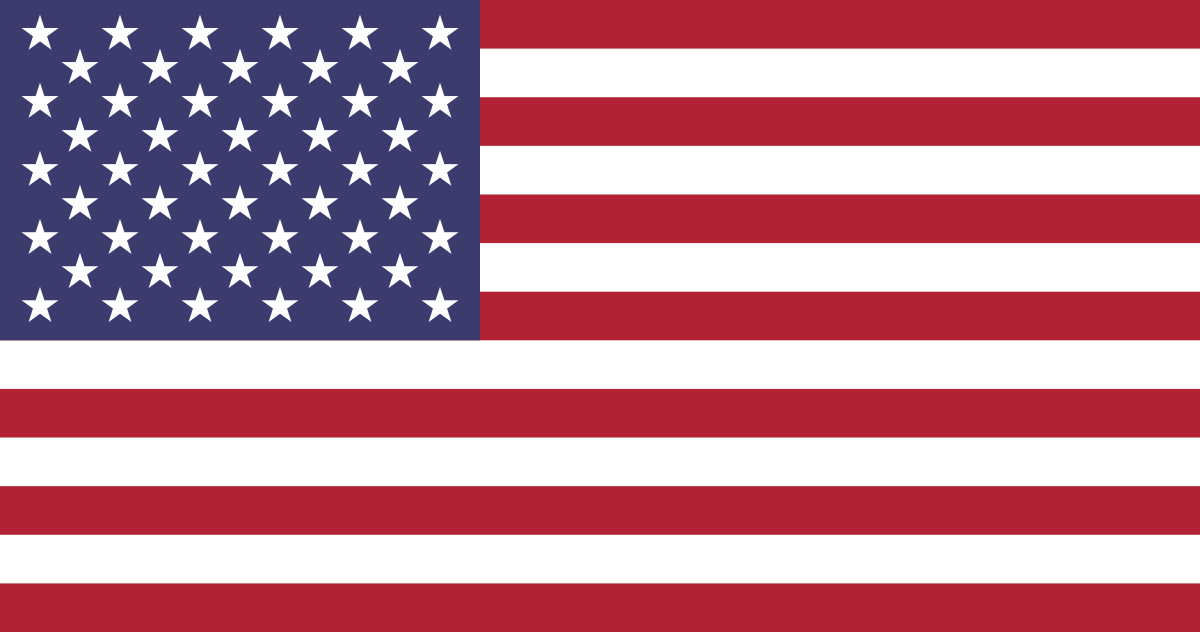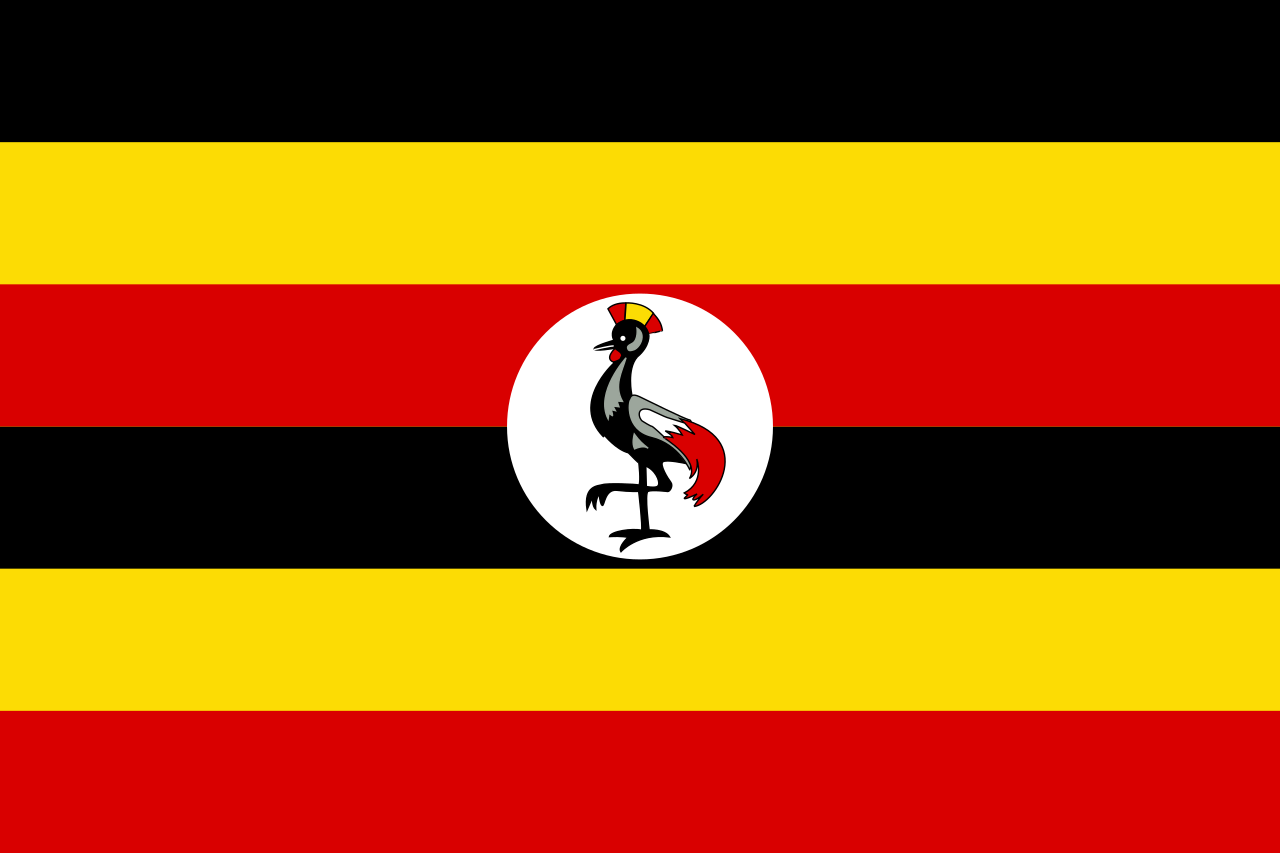Jeff Juma, 35, was jailed for six years after he admitted one charge of importing the class A drug cocaine. Six months was added for failing to give the passcode of his mobile phone to police.
HIGHLY addictive crack cocaine with a street value of up to £4,200 was hidden inside Jeff Juma’s face mask when he arrived in Guernsey by ferry, the Royal Court was told.
The 35-year-old admitted importing 13.86 grams of the class A drug, which he said was for his use, and was jailed for a total of six-and-a-half years.
Crown advocate Fiona Russell told the court Juma was a Burundi national who had lived in London since he was eight.
He arrived in the island, driving a Range Rover, on 5 June. He told Customs officers he had come to Guernsey for three weeks to see his newly-born baby girl for the first time.
He said he had no idea how a hypodermic needle and a pill which were found in the vehicle had got there.
After an ion scan of the vehicle tested positive for the presence of cocaine and spice, it was decided that a strip search would be carried out.
The defendant appeared to be adjusting his face mask. When asked to remove his trousers, he turned his back, and when asked to remove his face mask, officers thought he was swallowing and they managed to force him to spit a package out of his mouth. It was a rock-like substance wrapped in cling film.
His mobile phone was seized and Juma was asked to provide the pin code for it. He said he would do that only if an advocate was present.
He was arrested and gave no-comment responses to interview questions. The purity of the cocaine was 83%, much higher than the UK average of 57%.
Juma never did supply the pass code for his phone and pleaded guilty to that offence in court.
Advocate Samuel Steel said his client had entered guilty pleas at the first opportunity and while the evidence against him might have been overwhelming, everybody had a right to test the prosecution case.
This was not a man who had come to smuggle drugs into Guernsey and he had had a lawful reason for being in the island, to see his daughter.
He used crack cocaine to contain his emotions. He had thought about flushing the drug down the toilet while on the ferry but had decided not to because he feared being in Guernsey without it. He had no intention to supply to others and it was for personal use only.
He had not wanted officers to see all the contents of his mobile phone as there were photos of his new baby daughter on it. £500 he had on him was spending money, an advance of wages from his work.
Juma deeply regretted what he had done and feared what could have happened if the cocaine had got into the hands of children. He had been on remand since his arrest and the mother of his child was in court supporting him.
Judge Russell Finch said the court was satisfied that Juma had failed to disclose the pin code to hide criminal activity.
Although he had claimed the drug was for personal use, the quantity was way above a level where his sentence could be cut.
Juma had previous convictions and was jailed for 42 months in London in 2015 for possession of cannabis and heroin with intent to supply.
Juma was jailed for six years for the importation and six months, consecutive, for not giving the pin code to his phone. A drug trafficking investigation will be carried out, but a prosecution application to forfeit the Range Rover was declined – the court felt it would be disproportionate.
An application for deportation on release was also declined. Judge Finch said the defendant had no intention to stay in Guernsey and as a non-EU national, deportation would mean he could not stay in the UK. - Guernsey Press








